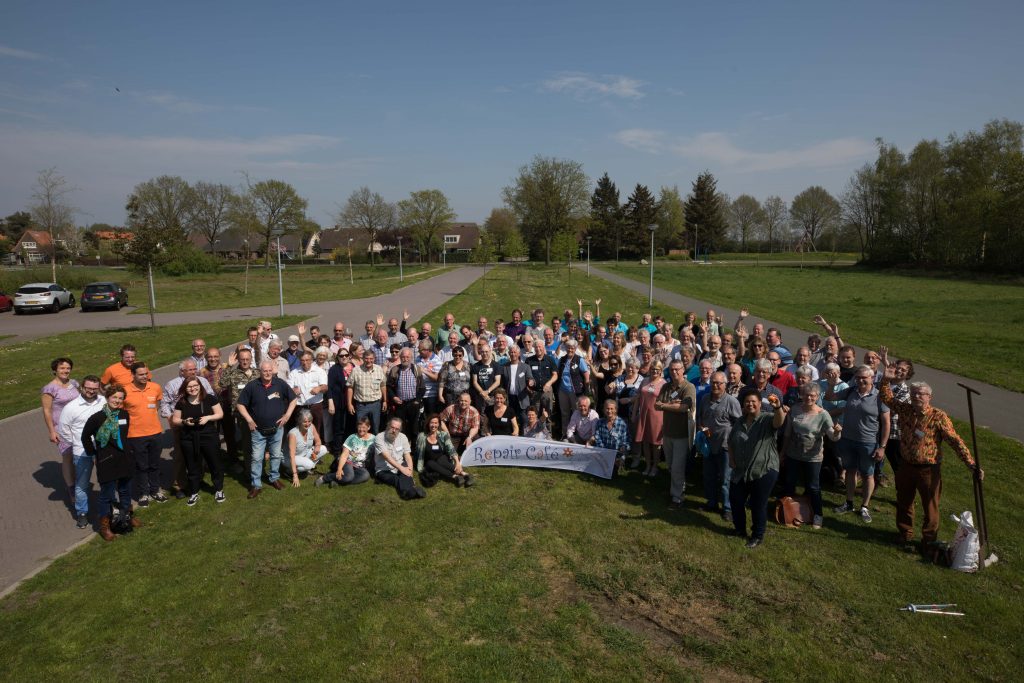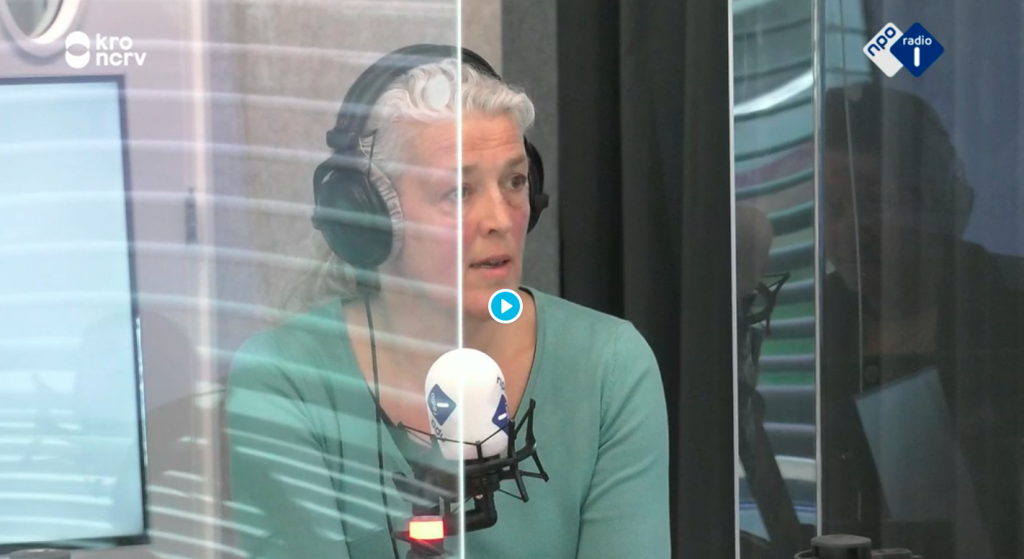Last week, one of our Dutch members, the Repair Café Foundation was interviewed on national public radio to discuss the Right to Repair.
The Repair Café Foundation, active since 2009 provides support to local groups in the Netherlands and across the world wishing to start their own Repair Café. At these community repair events, visitors bring their broken items from home and try to fix them together with volunteer repairers. Repair Cafes are special community spaces, where everyone learns new skills, while meeting others in their community. They concentrate on products for which often a repair business no longer exists, but can also create new connections between participants and local repair businesses when a repair is not possible at an event.
There are now over 2,000 repair cafés worldwide. While most of them are currently on hold due to the pandemic, they are an integral part of the #RightToRepair movement!
The need for Right to Repair measures.
In the interview, Martine Postma from the Repair Café Foundation addresses the need for regulation to make repair the norm. While there are more and more repair cafés around the world and a clear interest from the public, many barriers both physical and related to software still prevent repair from becoming mainstream.
Many products are still not designed to be repaired and often repair documentation and spare parts are not available to the public, community repair initiatives or independent repairers making repair costly, time-consuming and sometimes simply impossible. Meanwhile, we are seeing today that not only software and security updates are limited by manufacturers – software can also be used to prevent repair via pairing certain parts to a specific device, for instance.
To address these barriers, we need regulation as manufacturers won’t suddenly change on their own. Indeed, why make repair more accessible and affordable when hard to repair products ensure them more profits from the sales of new models? This is why the EU is currently working on different pieces of legislation that would encourage repair via making products repairable by design, informing consumers on how repairable a product is at the point of purchase, making spare parts and repair information more available and looking at the role of software.
These regulations are not only supported by the overwhelming majority of Europeans (according to a recent Eurobarometer survey, 8 in 10 Europeans agree that manufacturers should be required to make it easier to repair digital devices) but also by the European Parliament who called twice for the Right to Repair in the last few months.
But manufacturers aren’t going to allow this without a fight. One of their favourite arguments to use against a universal right to repair is fear: people shouldn’t be allowed to repair at home as it would be unsafe. Thankfully, Martine had a valid response: “if people have access to complete repair information, they know how to repair safely and are less likely to attempt dodgy fixes”.
We couldn’t agree more.



“Many products are still not designed to be repaired”, something that should change soon.. With FixPart we really focus on repairing instead of buying a new one, certainly because we sell spare parts (https://fixpart.be/nl) but also by reason of environment and the customer. Hopefully we can help with this movement! Contact FixPart.
Hello Daisy!
Feel free to reach out to info@repair.eu
Have a lovely day,
Chloé
Ref to Computer Hardware:-
1. PC Motherboards, the circuit diagrams and parts layout should be made available on Mfgs Web site.
2. Most times just 1 item goes wrong and the whole item becomes “JUNK” !.
3. Repair sometimes may require more than a solder item, hot air gun, BUT with community Repair Cafes we could “Share & Learn” together.
4. Upgrades to H/W sometimes require updates to S/W (Printer Drivers ) with “Open Source” S/W this can be overcome. Even Old PC’s can run on Linux “Open Source”.
5. SO ! S/W must allow updates easily from “Open Source”
Regards Gordon, Stay safe.